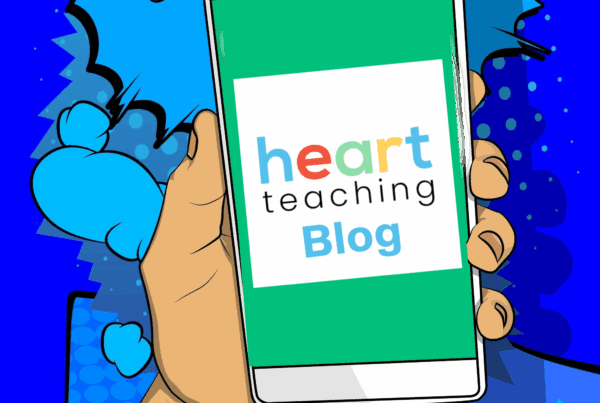 In the ever-evolving landscape of education, Project-Based Learning (PBL) has emerged as a dynamic approach that cultivates not only knowledge acquisition but also critical thinking, collaboration, and problem-solving skills. By immersing students in real-world scenarios and hands-on projects, PBL ignites their curiosity, fostering a deep understanding of the subject matter. In this blog, we’ll explore the art of designing engaging PBL experiences tailored to the UK educational context.
In the ever-evolving landscape of education, Project-Based Learning (PBL) has emerged as a dynamic approach that cultivates not only knowledge acquisition but also critical thinking, collaboration, and problem-solving skills. By immersing students in real-world scenarios and hands-on projects, PBL ignites their curiosity, fostering a deep understanding of the subject matter. In this blog, we’ll explore the art of designing engaging PBL experiences tailored to the UK educational context.
1. The Essence of Project-Based Learning
At its core, PBL revolves around students engaging in complex, multifaceted projects that mirror the challenges they’ll encounter beyond the classroom. These projects are designed to be realistic and demand the application of skills and concepts learned in various subjects. Whether it’s building a sustainable model of a city or creating a documentary on historical events, PBL empowers students to become active participants in their learning journey.
2. Fostering Engagement Through Authenticity
Authenticity is the cornerstone of effective PBL. Students thrive when they see the relevance of their work to the real world. When crafting projects, consider current events, local issues, and global challenges that resonate with students’ lives. For instance, discussing climate change through a PBL project can ignite passion and drive in students, encouraging them to explore solutions and make a tangible impact.
3. Tailoring to Diversity and Interests
In a diverse classroom, it’s essential to create PBL experiences that resonate with various backgrounds and interests. Provide students with options to choose projects that align with their passions. For instance, offering a selection of historical events to explore allows each student to connect with a topic that captivates them, enhancing their investment in the project.
4. Collaboration and Teamwork
Collaboration is a vital skill in today’s interconnected world. Design projects that necessitate teamwork, encouraging students to share ideas, delegate tasks, and communicate effectively. This not only mirrors real-world work dynamics but also teaches students how to navigate challenges that arise when working with others.
5. Inquiry and Critical Thinking
PBL is an excellent platform to nurture students’ inquiry skills. Encourage them to ask questions, seek information, and think critically to solve problems. By engaging in open-ended projects that don’t have one right answer, students learn to analyze, evaluate, and synthesize information—a skill set that will serve them well in their academic and professional lives.
6. Reflection and Self-Assessment
Incorporate regular opportunities for students to reflect on their progress and learning process. Self-assessment encourages them to take ownership of their education, identify areas of growth, and set goals for improvement. These reflective practices help students develop a growth mindset and a deeper understanding of their strengths and areas that require further development.
7. Incorporating Technology
Incorporating technology into PBL can amplify engagement and authenticity. With access to resources like the internet, students can gather information, conduct virtual experiments, and connect with experts in various fields. Platforms such as video editing software, online collaboration tools, and virtual reality can enrich their learning experiences.
8. Celebrating Culmination
Every PBL journey deserves a moment of celebration. Whether it’s a presentation to peers, an exhibition for parents, or a showcase for the community, providing a platform for students to share their accomplishments boosts their confidence and reinforces the value of their hard work.
Conclusion
Designing engaging Project-Based Learning experiences requires thoughtful planning, a focus on authenticity, and a commitment to cultivating essential skills. As educators in the UK, we have a unique opportunity to equip students with the tools they need to thrive in an ever-changing world. By embracing the principles of PBL, we can empower our students to become lifelong learners, critical thinkers, and active contributors to society.





